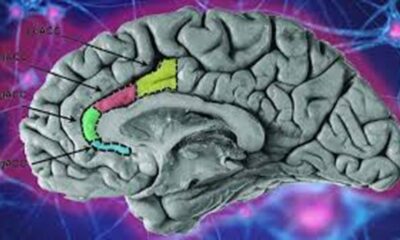Hematology
New Study Reveals Impact of CAR-T Therapy on Quality of Life and Depression in Patients with Hematologic Malignancies
-

 Diabetology2 weeks ago
Diabetology2 weeks agoSugar, Signals and Survival: Navigating Life with Diabetes in a Modern World
-

 Diabetology2 weeks ago
Diabetology2 weeks agoHow Exercise Impacts Blood Sugar Levels
-

 Diabetology4 days ago
Diabetology4 days agoDiabetes Screening: Why Early Detection Saves Lives
-

 Diabetology4 days ago
Diabetology4 days agoHyperglycemia: What You Need to Know to Stay Safe
-

 Diabetology4 days ago
Diabetology4 days agoCaring for Diabetes Daily: A Practical Guide to Routine Control
-

 Diabetology2 days ago
Diabetology2 days agoGlycemic Index Chart + Tips: Best & Worst Foods for Blood Sugar
-

 Diabetology14 hours ago
Diabetology14 hours agoDaily Diabetes Management Plan for Type 2 Diabetes
-

 Diabetology12 hours ago
Diabetology12 hours agoUnderstanding the Impact of High Glucose Levels
















